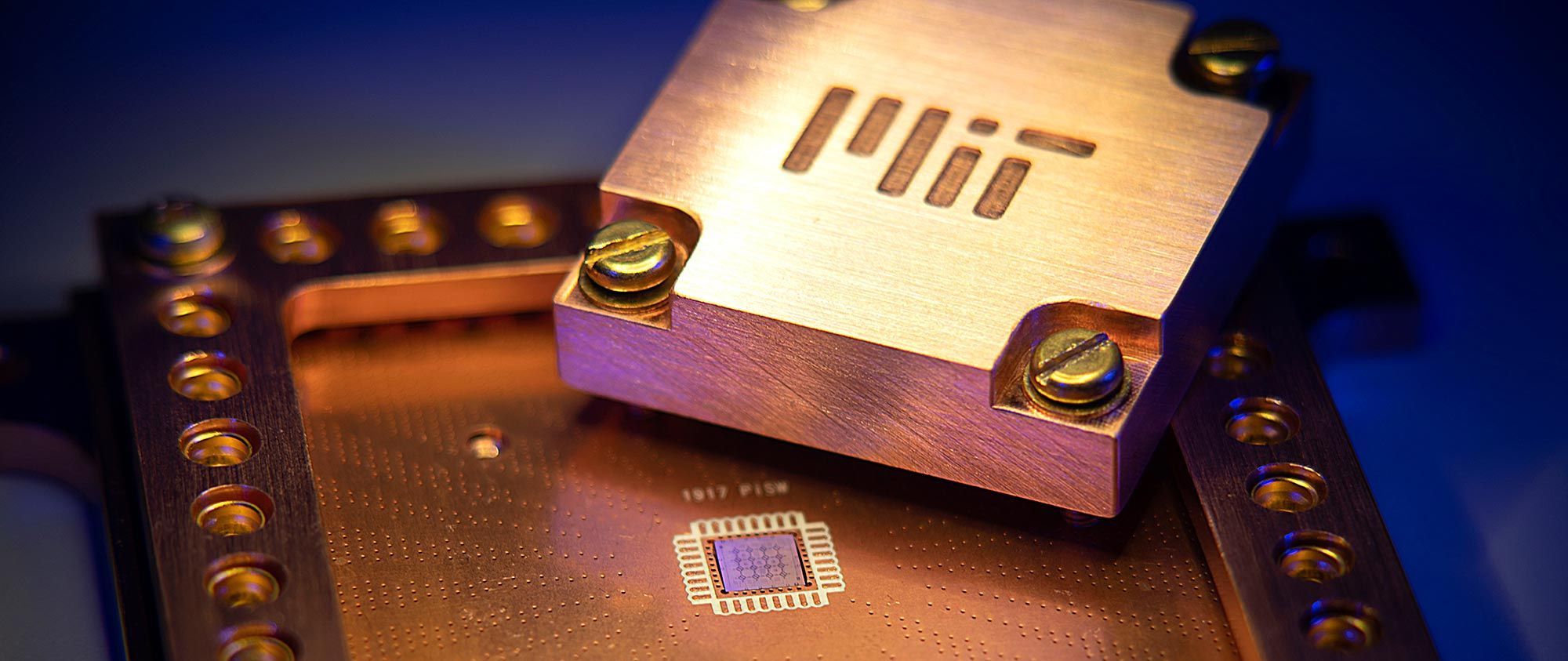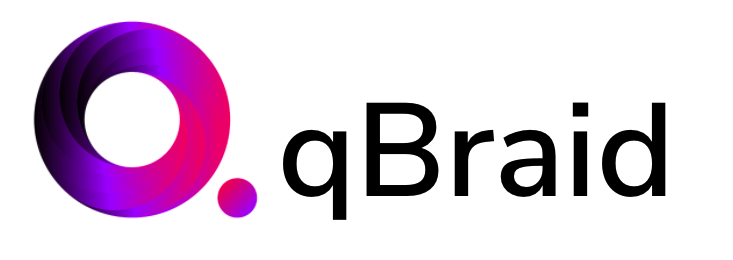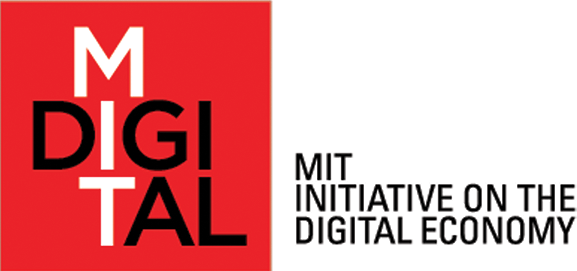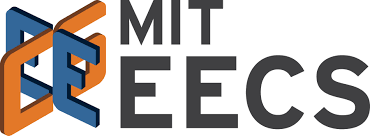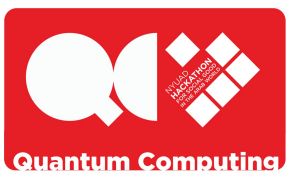iQuHACK 2023
iQuHACK (interdisciplinary Quantum HACKathon) is MIT's annual quantum hackathon. We aim to bring students (high school through early-career professionals) from a diverse set of backgrounds to explore improvements and applications of near-term quantum devices. MIT iQuHACK 2023 will have an in-person hackathon where participants develop and test their code on real quantum hardware and a virtual hackathon for a larger outreach. Registration is now open, click the iQuHACK 2023 banner at the top of the page to register.
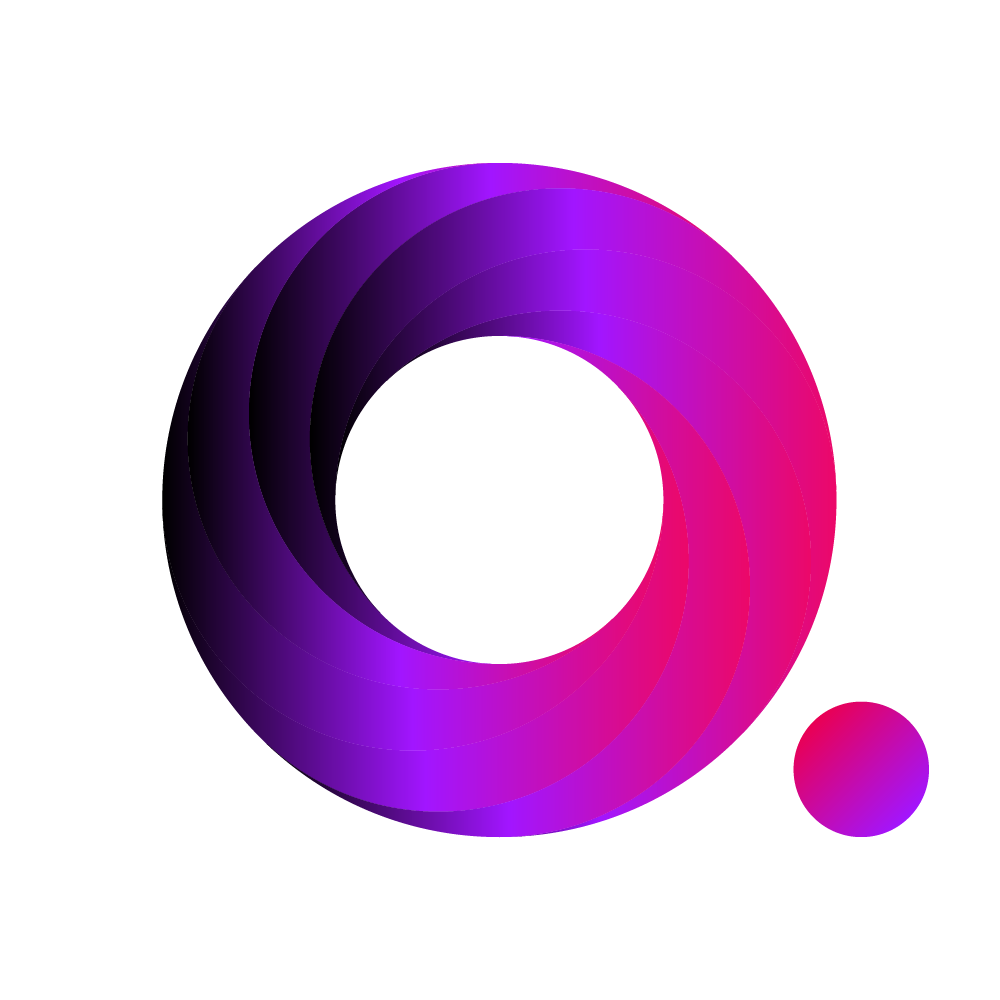
This year, qBraid generously developed an iQuHACK environment containing all of the packages and dependencies necessary to develop projects. Thanks, qBraid!
Quick Statistics
Here are some quick statistics about the iQuHACK 2023 event:
- 300 In-Person Attendees (Hackers, Mentors, Judges, Staff, etc.)
- 1.2K Remote Hackers
- 70 Countries Represented
- 16 Sponsors
- 159 Projects Submitted: 42 In-Person and 117 Remote
- 3 days, 8 workshops, 10 lightning talks, 24 hours of hacking (including a "Night at the MIT Museum" overnight hack)
- Awards Ceremony Slides (full of snapshots from our event)
Winners
Here's a list of iQuHACK 2023 Winners!
QuEra
- 1st Place: 5-Headed Cat, https://github.com/pdparakh108/2023_QuEra_iQuHack
- 2nd Place: braided_anyons, https://github.com/areeq-hasan/2023_QuEra
Quantinuum
- 1st Place: Pineapple, https://github.com/2022tgoel/2023_Quantinuum
- 2nd Place: Quassant, https://github.com/TomyangSydney/2023_Quantinuum
- 3rd Place: Carls', https://github.com/micah-roberson/2023_Quantinuum
Covalent x IBM
- 1st Place: Entangled Entities, https://github.com/mannypaeza/2023_CovalentxIBM
- William Cutler, Sarah Jiao, Akshat Yaparla, Manuel Paez, and Pranet Sharma
- 2nd Place: Entangled, https://github.com/smml1996/2023_CovalentxIBM
IonQ [In-Person]
- 1st Place: Entanglement5, https://github.com/ZixiaoXu/2023_IonQ
- 2nd Place: let me know, no worries!, https://github.com/mishkin101/2023_IonQ
Social Impact [In-Person]
- Winner: Qrabs, https://github.com/abaranov25/2023_IonQ
Microsoft [Remote]
(these winners were all tied for 1st place!)- 1st Place: the_stressed_alpacas, https://github.com/hsharditsingh/2023_Microsoft
- 1st Place: schrodingers-duck, https://github.com/hachall/2023_Microsoft
- 1st Place: GUA, https://github.com/OmmyZhang/2023_Microsoft
IonQ [Remote]
- 1st Place: ioncoffee, https://github.com/oanabaz/2023_IonQ_Remote
- 2nd Place: qcc_ducklings, github.com/FabianMac227/qcc_ducklings
- 2nd Place: Estaban cansados, https://github.com/miaortizma/2023_IonQ_Remote/tree/miguel
- 3rd Place: IonQnia, https://github.com/Louisanity/2023_IonQ_Remote
- 3rd Place: feynmanxbox360, https://github.com/petr-ivashkov/2023_IonQ_Remote
- 3rd Place: quantum potato, https://github.com/adelly13/2023_IonQ_Remote
Social Impact [Remote]
- Winner: Kyue, https://github.com/Raunak-Singh-Inventor/2023_Microsoft
Amazing work and congratulations!
Verify Certificates
Insert Hash to Verify Participant Certicate:
Resources
General Resources
IonQ - Trapped Ion Applications [In-Person]
- Coming Soon!
QuEra - Graph Problem Optimization [In-Person]
Covalent x IBM - Quantum-Classical Hybrid Compute [In-Person]
Quantinuum - Resource Optimization [In-Person]
IonQ - Trapped Ion Applications [Remote]
- Coming Soon!
Microsoft - Algorithmic Optimization [Remote]
FAQ
- What is MIT iQuHACK?
- A hackathon is a focused, multi-day event where participants work collaboratively to create code-based projects. MIT iQuHACK is a hackathon focused on learning what quantum computers are and how to use them. By participating in the in-person hackathon, you will have the opportunity to develop your program and run it on real quantum hardware! This year, we are also offering the option to participate remotely on simulator-based challenges.
- What is the difference between remote and in person?
- The in-person hackathon will happen on MIT’s campus in Cambridge, MA. Participants will get access to real quantum hardware and develop and deploy their projects on the hardware. A remote hackathon will be run in parallel where participants can work on simulator-based challenges from anywhere around the world. All the lectures and workshops offered will be made available to both in-person and remote participants.
- When and where will MIT iQuHACK happen?
- MIT iQuHACK will be held January 27-29, 2023. This year, you can participate in one of two components: (1) an in-person hackathon working on real quantum hardware or (2) an online hackathon working on simulator-based challenges. The in-person hackathon will be hosted on MIT’s campus in Cambridge, Massachusetts. All the iQuHACK related events will happen around Walker Memorial (142 Memorial Dr, Cambridge, MA 02142). The exact details of event locations will be announced to accepted participants. All workshops and talks will be broadcasted on Twitch where online participants can tune in. All active sessions will take place in Eastern time.
- I cannot travel to Boston for iQuHACK this year, can I still join?
- Yes! We have a remote component of the hackathon with their own simulator-based challenges. All the in-person talks and workshops will be broadcasted online.
- Does iQuHACK have scholarships for travel/lodging?
- We are offering a limited number of scholarships that are reviewed on a case-by-case basis. We can try to arrange for housing in the MIT area if you need it, however, arranging for transportation is harder. Make sure to indicate this information on your application.
- Is iQuHACK online this year?
- While there is an online component, iQuHACK also has an in-person component.
- Who can participate in iQuHACK?
- iQuHACK is open to all students (high school, undergraduate, graduate), non-faculty university affiliates (e.g. post-doc) and professionals that registered and were confirmed (via email) for the event. Registration will close on the date indicated at the top of the page. No (virtual or in-person) walk-ins will be permitted.
- Do I have to pay to participate at MIT iQuHACK?
- No, participation in iQuHACK is free! Snacks, drinks, and some meals will be provided for all registrants during the hackathon.
- How do I sign up for MIT iQuHACK?
- You can sign up at the link above before the date indicated on the application (click the MIT iQuHACK 2023 banner at the top of the page).
- I don't have a team, can I still attend iQuHACK?
- Yes! If you haven't already formed a team prior to the hackathon, you will get the chance to do that during a designated time dedicated to team formation.
- Do I need teammates to apply to iQuHACK?
- No. Most participants find their teammates through team-forming events at iQuHACK.
- Do all of my teammates need to fill out an application?
- Yes. All applications are considered on an individual basis. As such, all prospective teammates must fill out an application.
- Can part of my team be remote if I want to participate in an in-person challenge?
- No. All teammates must be in-person if you are working on an in-person challenge.
- What are the challenges this year?
- The actual challenges will be announced on the first day of hacking. However, you can find the companies providing challenges under the sponsors section.
- What are the challenges/projects from past years?
- You can find examples of challenges and projects on our GitHub here.
- What do you mean by real quantum hardware?
- A lot of platforms offer some sort of simulation of their quantum computer. While you can use the simulators to develop your project, the in-person portion of the hackathon will be judged on your project's performance on an actual quantum computer. Our platform sponsors provide participants with priority access to the proprietary quantum hardware they are building.
- What do I get for participating at MIT iQuHACK?
- MIT iQuHACK's goal is to extend your quantum computing knowledge and give you experience using the world's most advanced quantum computers. You'll get the opportunity to learn from experts and network with other individuals interested in quantum computing. Participating in the hackathon gives you an opportunity to share your resume with potential employers in quantum computing. Our sponsors will be handing prizes to the winners of the hackathon. Last but not least, you'll have a shot at winning some cool quantum swag items.
- How can I prepare for MIT iQuHACK?
- An optional workshop will be offered on Friday, February 2nd to provide you with a basic introduction to quantum processing and how to interface with quantum hardware. Optional resources and tutorials will also be offered and advertised to provide you with a basic introduction to the Quantum SDKs needed to compete in MIT iQuHACK. Additionally, if you are an MIT student, you can enroll in 6.s089, which is offered over IAP 2024. Before iQuHACK 2024 begins, you should prepare an electronic device that will allow you to write code (e.g. laptop). We would also highly recommend that you install and test the Quantum SDKs you wish to use, ahead of time. You can also prepare on your own using online resources; but remember, in the interest of fairness, you can't start working on your project for the hackathon before it begins!
- What programming languages are allowed?
- For both in-person and remote challenges, we will be using Python.
- How will the teams be formed?
- Teams must have at least 3 members and no more than 5 members. Participants are welcome to form teams on their own prior to the event; however, there will be a period at the beginning of the event for official team formation.
- Who is hosting MIT iQuHACK?
- iQuHACK is hosted by MIT's Interdisciplinary Quantum Information Science and Engineering (iQuISE) program, a student-led organization of graduate students and post-docs with research interests in experimental and theoretical quantum information science, computation, and communication.
- How can my company be involved in iQuHACK?
- If your company is interested in becoming a sponsor for iQuHACK, please reach out to our planning team at iquhack@mit.edu.
More questions? If you have a question not answered by the FAQs or the introduction above, feel free to send an email to iquhack@mit.edu.
iQuHACK Organizing Committee
Lauren Li, Almog Reshef, Torque (Tareq) El Dandachi, Ariel Barr, Valeria Saggio, Daniela Zaidenberg, Shantanu Jha
Platform Sponsors
Sponsors
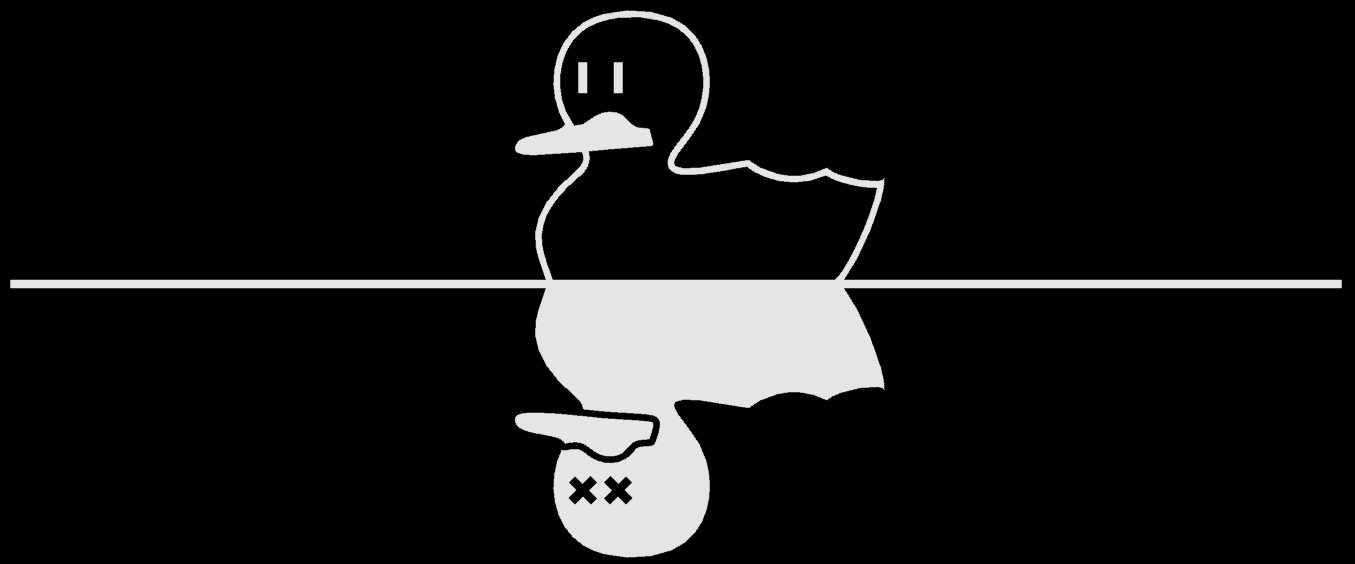 Go to previous hackathon
Go to previous hackathon
